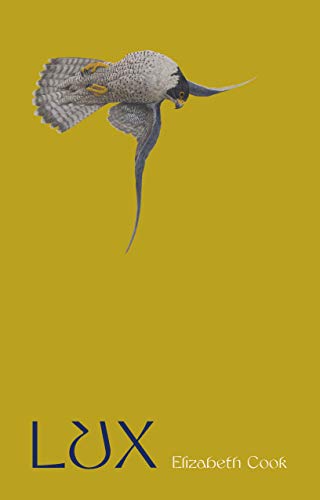Lux
This complex novel is written in three main sections. In the first, we read of how the Ark of the Covenant was captured by the Philistines, including mention of how young David, a shepherd boy, killed the giant Goliath and how when he rose to be King of the Israelites, he lusted after Bathsheba, and organised the death of her husband in battle.
The second section tells of the prophecies of Nathan and because of what he said, how King David atoned for this great sin by hiding in a cave where he prayed in anguish, this section forming the Psalms of David.
The third section is set in the 16th-century court of Henry VIII of England, who is determined to divorce Catherine of Aragon because he desires Anne Boleyn. Although no repentance is forthcoming from this king, he gains possession of a series of magnificent tapestries that tell the story of David and Bathsheba. Sir Thomas Wyatt, a courtier, later known as a poet, works translating King David’s Psalms into English.
To me, this is the most readable section of the novel, as the men and women lived much closer to our times and because of this I understood their joys, sorrows and desires. The Old Testament, whilst the foundation of three of the fundamental world faiths, is largely incomprehensible to me because I read it in the same way I read mythology, be it Greek, Roman or ones not as well known to me.
Although intelligently written I, personally, found Lux a tediously slow novel with far too much character introspection with little character interaction. Any action is mainly seen at third hand. Other readers may well disagree.










